Monday, 09 August 2021
Retirement Tips to Remember When Starting a New Job

Land a great new job? Awesome. Now is the perfect time to think about your 401(k) and retirement plan, whether you had one before or not. Saving for retirement is important at all ages, so don’t let this opportunity fall to the bottom of your list.
Here are four tips to consider when starting a new job and a new 401(k).
Monday, 14 June 2021
Remember that healthcare is like retirement planning - it's very personal

Will the proposed policies of the Biden Administration have a negative or positive impact on your healthcare? A prevailing view – by about half of the country – is that a Biden Administration will have a positive impact. Another prevailing view – also by about half of the country – is that it will be negative.
Well, no matter your political affiliation, the impact that the Biden Administration will have on your healthcare won’t be settled for quite some time. But more importantly, you should remember that no matter the big-picture changes, healthcare – like retirement planning – is personal.
Nevertheless, let’s examine a few of President Biden’s policies that will likely impact healthcare in general – as it might help you determine whether the impact will be negative or positive to you and your family.
Tuesday, 25 May 2021

Retirement is a time for pursuing your passions, reaping the fruits of your life’s work, and making the most out of life. But there are many financial pressures facing those planning to retire in the coming months and years.
There Are Fewer Retirement Benefits Than Ever Before
Retirement benefits looked different in decades past than they do today. Before the 1980s, employers helped fund their employees’ retirements through pension plans. Today, few companies outside of the public sector offer pensions, and most that do are closing their plans to new employees. Some have even seen their promised pensions reduced or frozen. Retirement benefits aren’t what they used to be, but there are actions you can take to get the most out of your existing benefits.
Wednesday, 24 March 2021
Worse for baby boomers and more worse for women

It’s an unfortunate statistic that everyone knows – more than 50% of marriages will end in divorce. But it’s also a statistic that has lost its impact. So, let’s try another tact.
In the United States, we see:
- 1 divorce approximately every 36 seconds
- Almost 2,400 divorces per day
- 16,800 divorces per week, and
- 876,000 divorces a year.
Further, data from the Bowling Green's National Center for Family & Marriage Research shows that the divorce rate for 55- to 64-year-olds more than doubled from 1990 to 2012 while divorces for the over-65 group tripled.
Wednesday, 03 March 2021
Over 30 million jobs are vulnerable - and the number might be higher
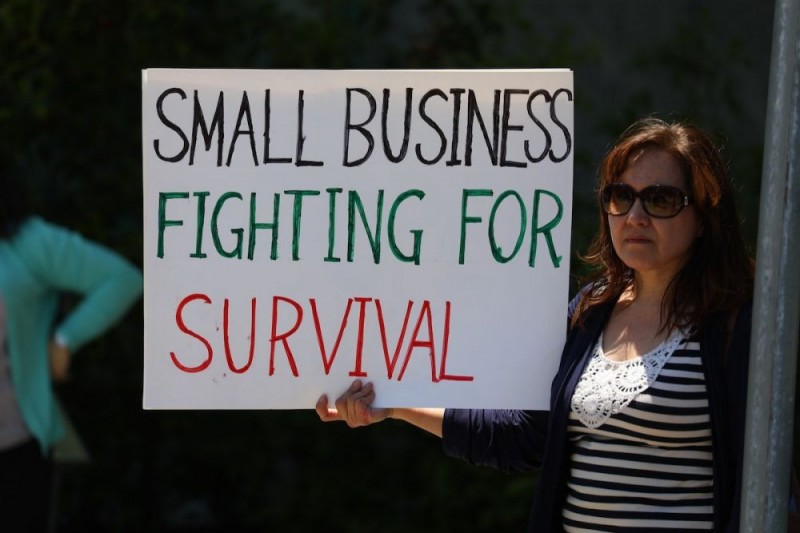
The Small Business Administration defines a small business as a company with less than 500 employees, which means there are a lot of small businesses in the U.S. In fact, it’s likely that given COVID-19, there are more companies that were just recently considered mid-size or maybe even large companies that now fall into the small business category. But unfortunately, the pandemic has wreaked havoc on the small business community – and we might not know the full impact for years to come.
Monday, 14 December 2020
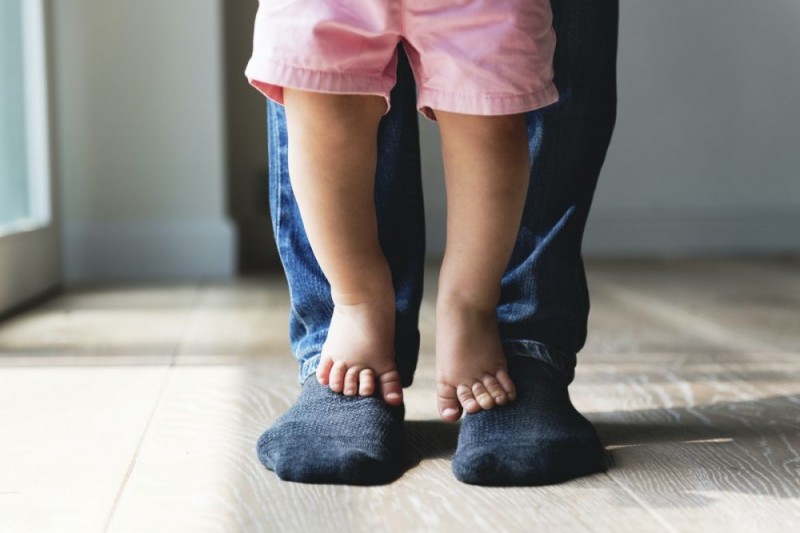
The COVID-19 pandemic will likely lead to a large, lasting baby bust. The reduction in births could be 300,000 to 500,000 for 2021. Similarly, adoption rates, normally 9,000 a month, are also expected to reduce especially with the social distancing and travel restrictions.
This trend is temporary, and none of this detracts from the fact that having a child is one of life’s wonders and probably one of the most profound changes to a household. It’s not a simple thing to raise children, as they say - “it takes a village to raise a child”.
Wednesday, 14 October 2020
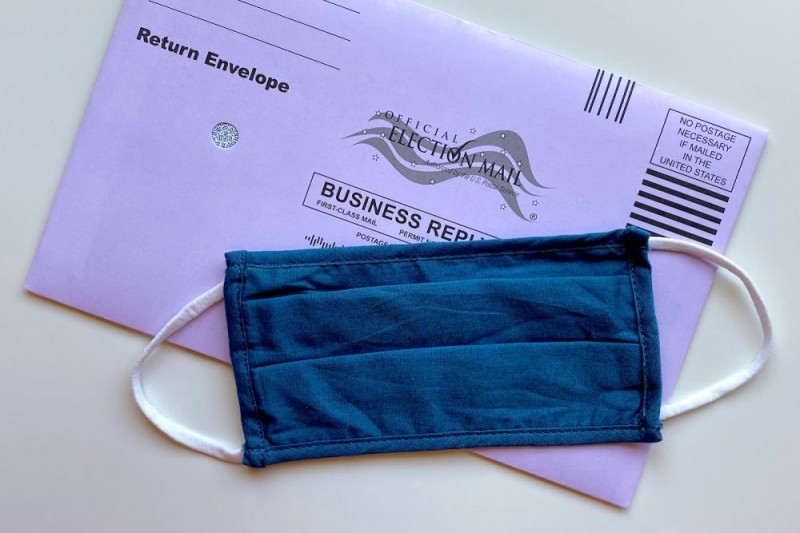
The coronavirus is still very much with us. Granted, we are evidently rapidly closing in on a vaccine/vaccine, and let’s hope that translates into vaccinations. Moreover, we are going through a hyper-partisan presidential election, comingled with a pandemic, and an economic downturn, creating an election environment the likes of which none of us have ever experienced.
It may be difficult to do, as investors it is important to take a moment to review what we have learned, or better still, what prudent behaviors have been reinforced since the market panic, that began in February / March 2020, and that came to an end when the S&P 500 Index regained its pre-panic highs in mid-August, 2020. Let us take what we learned from this experience and apply it to what lies ahead.
Wednesday, 12 August 2020

Below I have provided details of the key findings of a June 2020 survey completed by the Transamerica Center for Retirement Studies Retirement Security for Women Amid COVID-19[1]. The survey examines the retirement outlook of women compared with men. Many workers, especially women, are at risk of not achieving a financially secure retirement — an issue of major concern before the pandemic. Now, the negative economic effects of the pandemic are further threatening retirement savings and security. The financial vulnerabilities among all workers are increasingly evident.
“I don’t know what the future holds for me and I don’t have enough saving to last very long” - 56-year-old Female
“I am self-employed and can’t work” - 48-year-old Female
“I am more determined” - 33-year-old Female
“I have been borrowing against my retirement” - 46-year-old Female
“I am self-employed and will be working until they put the nail in my coffin” - 56-year-old Female
“Because I am so young, I will be able to bounce back from this” - 25-year-old Female
The survey findings illustrate the vulnerabilities among women:
[1] Transamerica Center for Retirement Studies - Retirement Security for Women Amid COVID-19. 20th Annual Transamerica Retirement Survey of Workers, June 2020 https://transamericacenter.org/docs/default-source/retirement-survey-of-workers/tcrs2020_sr_women-retirement-security-amid-covid.pdf
Monday, 08 June 2020

We are barely halfway through 2020, and already we have felt the impact of the Covid-19 pandemic, the shutdown, record-breaking unemployment and a market crash. And now we are facing a real social crisis, one that neither science nor a vaccine can fix. The recent murders of George Floyd, Breonna Taylor, Ahmaud Arbery, Tony McDade, and the many before them--These horrific events are clear evidence of the systemic racism that is profoundly at work in American institutions, culture, and our justice system. In no uncertain terms, the threat of physical endangerment that people of color feel when they encounter law enforcement is real, very real. Is it finally time for us to make right the systemic racial injustice of this society--something that is long, long overdue?
The phenomenon of the white man’s dividend, white privilege--and when it comes to encounters with law enforcement, the benefit of the doubt--is alive and well in this country. As a white man, I have the privilege of educating myself about racial injustice, visiting the topic, and then retreating “safely” to my privilege. Unlike people of color, I don’t experience living with racial injustice 24/7, I have no idea what that must be like, but I can clearly see the impact it has on the lives of people of color.
Monday, 18 May 2020
Have You Ever Felt More Single?

The onset of COVID-19 bought with it - stay in place, social distancing, face masks, and the closure of parks, restaurants, gyms, yoga studios, coffee shops, theaters, places of worship, concert venues, and no HUGs allowed! Where can singles go to meet, hang out and catch up with friends and family? Socializing has now been reduced to group chats, zoom, and facetime, this is how we celebrate birthdays, weddings, and even date! It’s a whole new world out there. Fortunately, everything will gradually change to the new normal, and then we’ll be asking ourselves whenever we venture out - “Will I have a chance of catching the virus, and if I do will I be able to get the best medical treatment?”
Last year I wrote two articles for singles and their finances - Single and Loving It: Parts I and II. I covered many financial topics from a single person’s point of view. What should the financial focus be for singles now in the Covid-19 world?
Monday, 04 May 2020


Many people try to predict the future and claim to have a proven system of picking winning stocks, or they claim to know which market sector will advance through the next year, or they know when the market will retreat. This can, and often result in investors acting on impulse - “The market is tanking, I’m getting out”, or conversely “Everyone’s making money, I want a piece of the action”, the latter is often referred to as - Fear Of Missing Out (FOMO). This impulsive behavior can result in people betting their savings on tips and hunches - “I heard it on the news. I better sell”, “I got a hot tip from a neighbor. It’s a slam dunk”, or “My friend works in the industry, he’s got the inside scoop.” Similarly, we cannot forget the impact of the media in their desire to have an attention-grabbing headline to sell magazines -
“Will Coronavirus Cause a Recession?....” New York Times, 3/3/2020
“The Death of Equities” - Business Week, 8/13/1979
“The Crash of ’98 Can the US Economy Hold Up?” - FORTUNE, 9/28/1998
“Retire Rich - A Simple Plan to Have it All” - FORTUNE, 8/16/1999
“How to Reach $1 Million” - Money, 8/2012
Tuesday, 21 April 2020
It’s times like these when we awaken a little of our inner life, the noise and distractions of life is silenced and we have time to think about who we are, and how do we want to live, in sum, we’re thinking about our future
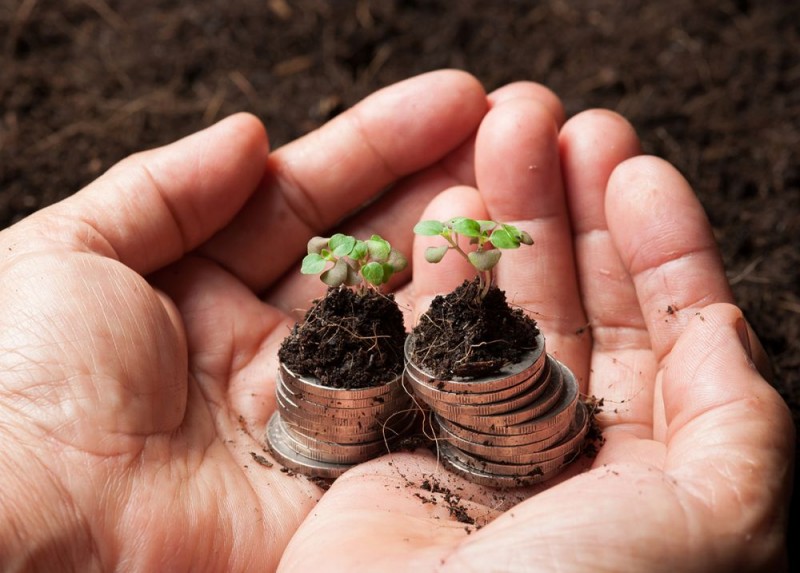
“Well, the treadmill you’ve been on for decades just stopped. Bam! And that feeling you have right now is the same as if you’d been thrown off your Peloton bike and onto the ground: What in the......just happened? I hope you might consider this: What happened is inexplicably incredible. It’s the greatest gift ever unwrapped. Not the deaths, not the virus, but The Great Pause [emphasis added] ....... And that feels weird. Really weird. Because it has… never… happened… before” [1]
I can only speak for myself, but this Great Pause has been a struggle for me. I feel a little broken open, I have been forced to pause and take a look inside, in a city that doesn’t normally encourage rest and reflection. It’s times like these when we awaken a little of our inner life, the noise and distractions of life are silenced and we have time to think about who we are, and how do we want to live, in sum, we’re thinking about our future. As life evolves into a new normal, I am taking the opportunity to consider what should I choose to do, what should I take with me and what can I leave behind. In this time of reflection we can ask, do we need all the things we had before COVID-19, and do we see more clearly what our priorities should be? We are not just turning over a new leaf, our treadmill has stopped, now we have time to look around, really look around.
[1] https://forge.medium.com/prepare-for-the-ultimate-gaslighting-6a8ce3f0a0e0
Thursday, 02 April 2020
These helpful resources can protect you from scammers and provide you with information on healthcare, meal delivery, social security and more...

Scams Abound Amid Pandemic Panic
Sadly, as is the case in any crisis, there are those among us who are looking to capitalize on cruelty and take advantage of heightened vulnerabilities. Hackers are trying to lure victims to click on COVID-19 related hyperlinks that contain malicious software and other computer viruses. In some cases, these scams look like official messages from the government and they send people to fake websites where their sensitive information can be stolen.
The following guidelines can help you protect yourself from these digital scams and stay clear of suspicious links you may come across in your internet travels.
Saturday, 28 March 2020
On March 27 the President signed into law the Coronavirus Aid, Relief, and Economic Security Act (CARES Act) to address the unprecedented public health and economic crisis related to COVID-19.

This $2 trillion bill is meant to impact both individuals and businesses and contains significant tax-savings measures. It could affect prior tax years while also creating immediate cash-flow.
Impact on Individuals
Stimulus Checks
Perhaps the most impactful provision for American citizens is the CARES Act’s promise of cash payments of up to $1,200 per single individual and $2,400 for a married couple. Parents will also receive an additional $500 per qualifying child. Payments are phased-out for individuals with incomes greater than $75,000 and for married couples filing jointly with income greater than $150,000.
Provisions are such that payments will be based on 2018 tax returns, though, like the Affordable Care Act’s tax premium credit, there is a true-up related to the amount for which you are eligible on the 2020 tax return. Nonresident aliens, dependents and estates and trusts are not eligible for a stimulus check.
Friday, 27 March 2020
The CARES Act is One Step Closer to Becoming Law
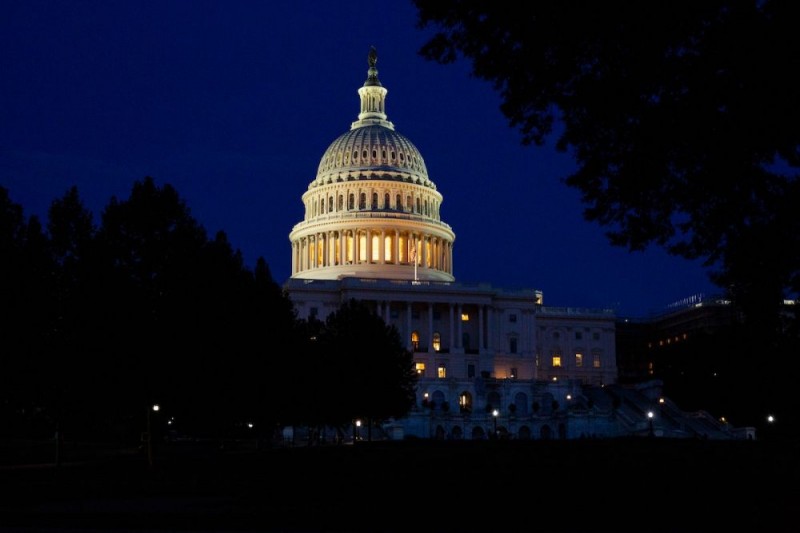
Late in the day on March 25, the U.S. Senate passed a massive economic stimulus package called the Coronavirus Aid, Relief and Economic Security (CARES) Act. This $2 trillion bill is meant to impact both individuals and businesses and contains significant tax-savings measures. It could affect prior tax years while also creating immediate cash-flow.
While passing the Senate represents a major step forward, the CARES Act must still be passed by the U.S. House of Representatives and then be signed into law by President Trump, both of which are expected to happen on Friday, March 27.
Impact on Individuals
Stimulus Checks
Perhaps the most impactful provision for American citizens is the CARES Act’s promise of cash payments of up to $1,200 per single individual and $2,400 for a married couple. Parents will also receive an additional $500 per qualifying child. Payments are phased-out for individuals with incomes greater than $75,000 and for married couples filing jointly with income greater than $150,000.



















